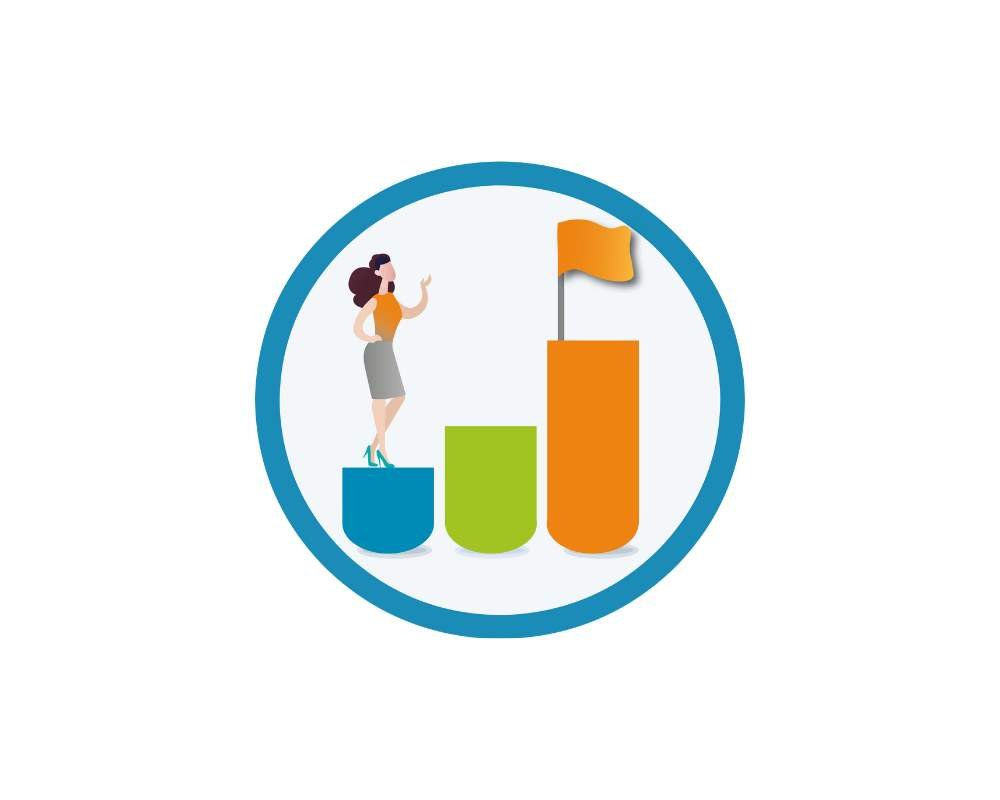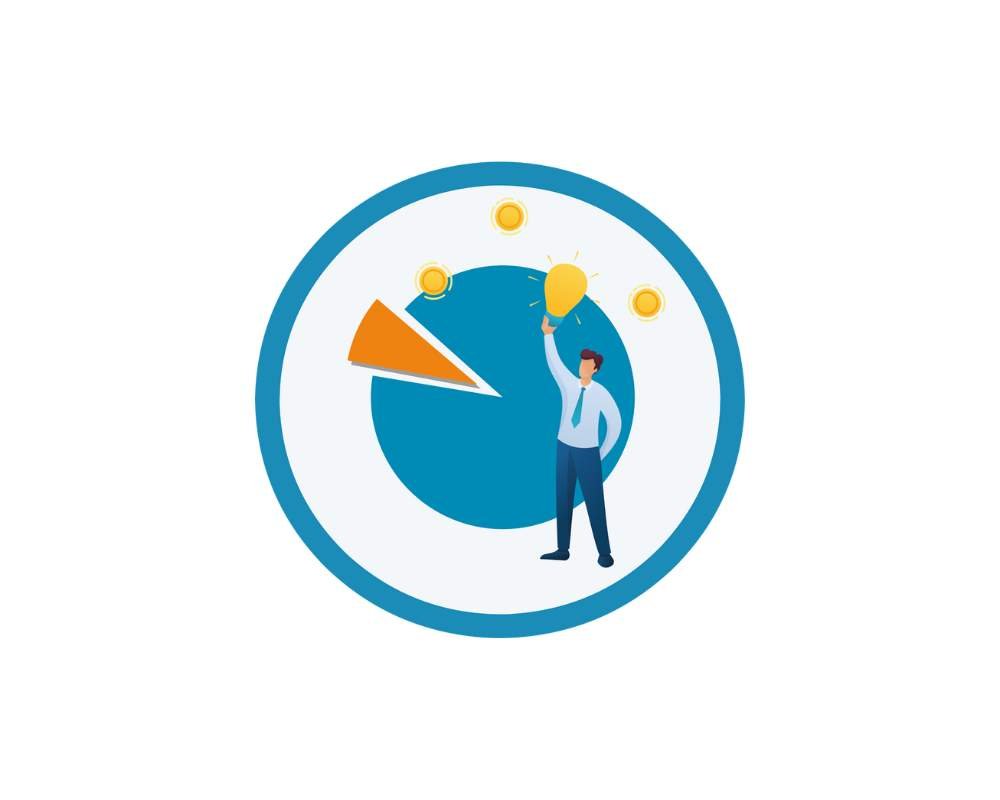Supporting creative industries
Enabling creative teams to deliver their best work by enhancing psychological safety
“Thanks to my background as a graphic and textile designer, I’m able to adapt the services I offer to meet the unique needs of individuals working in creative environments”
Workplace wellbeing for creative teams
When an employee in a creative role feels supported and empowered, they’re able to deliver their best work.
Whilst these roles are incredibly enjoyable and rewarding, they’re not without their challenges; heavy workloads, deadlines and navigating client feedback can create pressure and impact output. At Minds That Work, we help creative organisations promote psychological safety, delivering proven programmes and strategies to support teams.
The creative industries are estimated to be worth £124bn to the UK economy. With over 2.8 million people employed across the arts, design, media, technology, advertising and more, what are the common challenges individuals within creative roles are facing?
People working in creative roles are 3x more likely to suffer from mental illness than other professionals
Mental health in the creative industries
The three largest sources of stress are the pressure of our own expectations, pressure from others, and multiple responsibilities
73% of independent musicians struggle with mental illness
66% of all of emotional support calls received by NABS in 2022 were for support and guidance on mental health – a 31% increase year on year
Dispelling the myth of ‘creative minds’
There is a common misconception that ‘creativity and poor mental health go hand in hand’, and that those with ‘creative minds’ are more likely to experience common mental health conditions such as anxiety and depression.
This theory has been studied by many psychologists who have found no evidence of this. With this in mind, it is important that we don’t fall into the trap of believing ‘this is just how creative minds work’, because this simply isn’t true.
Understanding the risk factors
We know that there is a high prevalence of poor mental health in creative roles. Why could this be? Here are some of the most common risk factors. Which of this could you apply to your own organisation?
Working long hours
Tight deadlines
Talent shortages resulting in overworked teams
The subjective nature of their work
The individual’s expectations of themselves (and their work)
High expectations - particularly from external stakeholders such as clients
Job insecurity (particularly within agency environments)
A pressure to stay up to date with tech and trends
Sessions delivered by a former creative
Victoria began her career in the creative industries, working as a textile designer, and then as a graphic designer within investment banking, rising to Head of Department. Before founding Minds That Work, Victoria was the Chief Executive Office for a mental health charity, leading both corporate and creative teams.
With a wealth of experience in-role and leading teams, Victoria understands first hand the challenges faced both by creative individuals and businesses alike, adapting her services to cater to these unique challenges and needs.
What our training participants say
Enquire about workplace wellbeing for creative teams
Please email us victoria@mindsthatwork.com or use the form below to send an enquiry.












